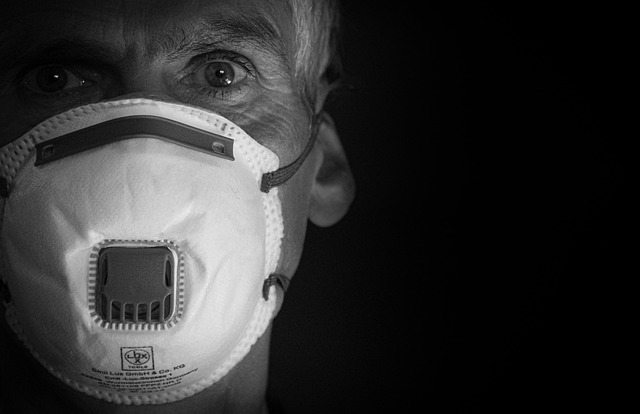Revolutionizing Health: The Technological Innovations of Sleep-Built Sensors
In today’s fast-paced world, the importance of a good night’s sleep cannot be overstated. Yet, many of us struggle to achieve the restorative sleep our bodies crave. Enter the innovative realm of sleep built-in sensors – a technological advancement set to transform how we approach our nightly rest and overall health. These sensors are not only enhancing how we interact with our sleep environment but also paving the way towards a healthier future.
Understanding Sleep-Built Sensors
Imagine a cozy sleep sanctuary that actively monitors your slumber, tweaking the environment to ensure you wake up refreshed and rejuvenated. That’s precisely what sleep built-in sensors aim to do. These devices, embedded into mattresses, pillows, or wearable technology, gather a plethora of data while you sleep – tracking everything from your heart rate and breathing patterns to movement and restlessness.
Technological Innovations in Sleep Monitoring
The technological innovations emerging within the sleep sensor landscape are impressive. With the help of artificial intelligence and machine learning, these devices can analyze your sleep patterns over time, providing tailored recommendations to improve your nightly rest. For instance, they can suggest optimal sleep schedules or even adjust your room’s temperature for maximum comfort. The data gathered isn’t just numbers; it empowers individuals to make informed decisions regarding their sleep hygiene.
Health Innovations for Better Living
As we begin to recognize how crucial sleep is for our physical and mental well-being, the health implications of these innovations become increasingly significant. Quality sleep is linked to improved cognitive function, emotional stability, and even physical health markers like heart rate and blood pressure. With the insights provided by sleep built-in sensors, users can identify sleep disorders or lifestyle factors that negatively affect rest, allowing for proactive interventions.
Furthermore, health professionals are starting to incorporate this technology into their practices, using sleep data to create personalized health plans. This collaboration between technology and healthcare can lead to more effective treatments for sleep-related issues that plague many individuals today.
The Future of Sleep Technology
As the demand for better sleep solutions grows, so too does the evolution of sleep built-in sensors. With ongoing research and development, we can anticipate even more advanced features, including biofeedback mechanisms that not only track sleep but also help regulate it. Imagine a future where a sensor can guide you through relaxation techniques or alert you when you’re entering a deep sleep phase, enhancing the quality of your nightly rest.
In the ongoing quest for better health and well-being, sleep built-in sensors represent a remarkable intersection of technology and health innovations. By harnessing their capabilities, we hold the potential to revolutionize our relationship with sleep, ensuring that we not only sleep better but live better. Embracing these advancements could be the key to unlocking our best selves, fostering a lifestyle where restorative sleep is easily within reach.




